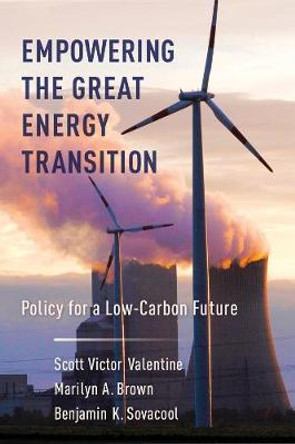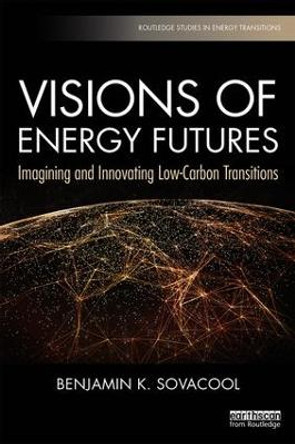In the pursuit of socialism, Cuba became Latin America's most oil-dependent economy. When the Soviet Union collapsed, the country lost 86 percent of its crude oil supplies, resulting in a severe energy crisis. In the face of this shock, Cuba started to develop a low-carbon economy based on economic and social reform rather than high-tech innovation.
The Low-Carbon Contradiction examines this period of rapid low-carbon energy transition, which many have described as a "Cuban miracle" or even a real-life case of successful "degrowth." Working with original research from inside households, workplaces, universities, and government offices, Gustav Cederloef retells the history of the Cuban Revolution as one of profound environmental and infrastructural change. In doing so, he opens up new questions about energy transitions, their politics, and the conditions of a socially just low-carbon future. The Cuban experience shows how a society can transform itself while rapidly cutting carbon emissions in the search for sustainability.
About the AuthorGustav Cederloef is Associate Senior Lecturer in Human Ecology at the University of Gothenburg, Sweden.
Reviews"Gustav Cederloef's book poses challenging questions about energy transition and energy justice from an often-overlooked Caribbean and socialist vantage point." * NACLA *
"Gustav Cederloef's book poses challenging questions about energy transition and energy justice from an often-overlooked Caribbean and socialist vantage point."
* NACLA *
"Cederlof demonstrates how mainstream narratives of energy transition tend to overlook how one country situates itself in the international political economy."
* International Affairs *
Book InformationISBN 9780520393134
Author Gustav CederlofFormat Paperback
Page Count 260
Imprint University of California PressPublisher University of California Press
Weight(grams) 363g
Dimensions(mm) 229mm * 152mm * 20mm







